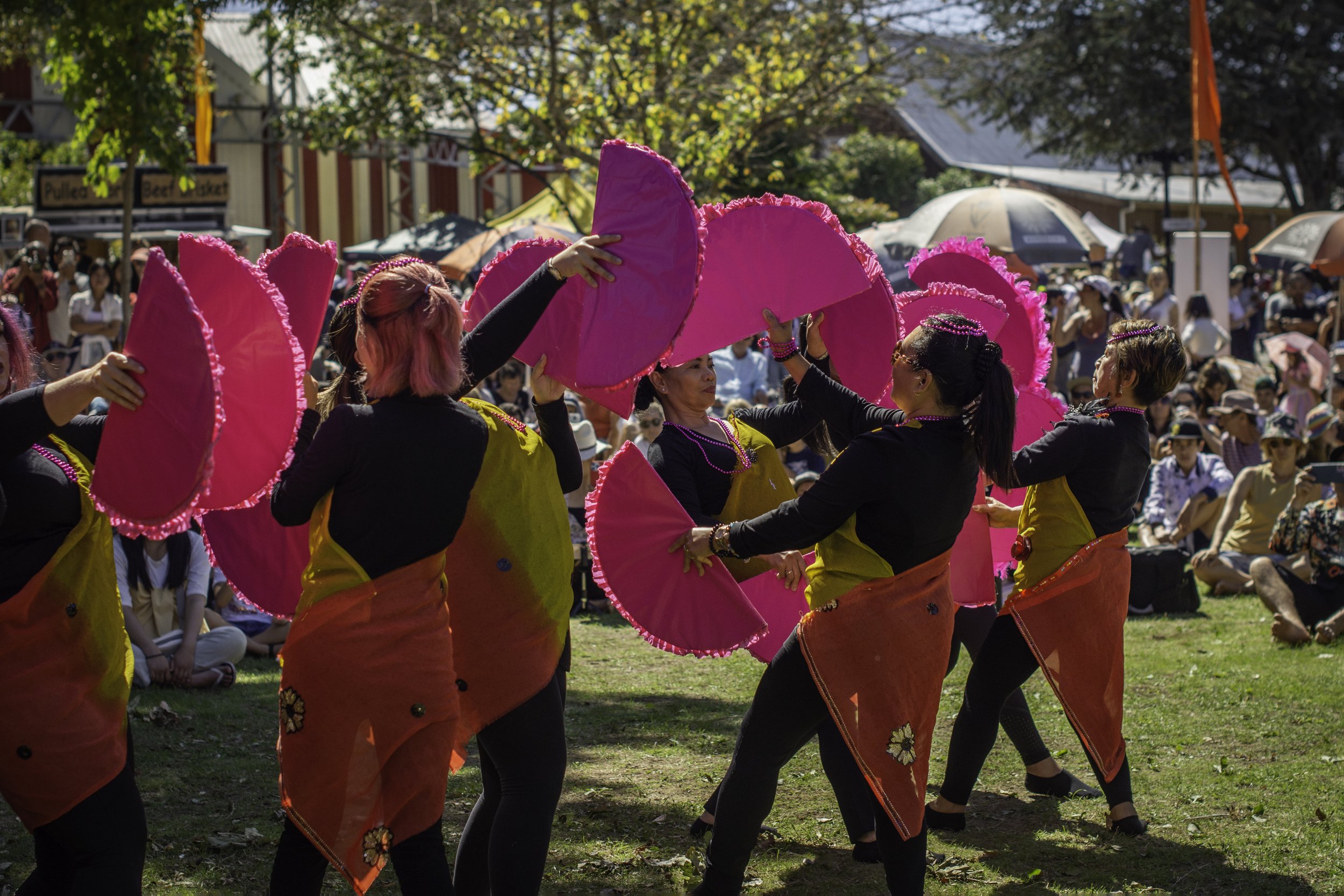
The Tuku Story
Back in 2010, Nelson City Council started the first of its long-running Nelson Heritage Week events.
Heritage week was an opportunity to enjoy events and activities based on various heritage themes, and was, on the whole, organised and run by Council staff. Heritage week ran during the month of April, for an enormously successful nine years.
In 2018, Council reassessed its delivery of Nelson Heritage Week and its operational model was changed. The biggest change was a shift toward supporting and facilitating the community to run their own events, rather than delivering events for the community.
This essentially shifted the event into a working model similar to a Fringe Festival. Fringe Festivals allow event organisers to benefit from combined marketing and promotion but still retain 100% control of their event. In addition, Council created a small grants fund to support the community to help them deliver their events. Event organisers, also known as event hosts, were able to use that funding to subsidise or remove entry fees to their events, as well as try out new ideas or present their own passions in the heritage space.
Renamed the Nelson Heritage Festival, the number of events in the 2018 festival quadrupled as communities and individuals explored the new operational model. The festival was expanded and ran for the full month of April. More than 4,000 were people involved in the 2018 festival, and the numbers jumped again in 2019, with more than 11,000 involved.
In 2020, COVID-19 brought more change to the festival. Unable to gather in person, a virtual festival programme was quickly assembled, allowing event hosts to apply for funding to create digital content that was shared on a Virtual Heritage Festival You Tube page.
COVID-19 allowed Council to again reassess the festival, this time drawing on its engagement with the eight iwi of Te Tau Ihu. Open and honest conversations with iwi led to partnership and collaboration over the festival and a renewed kaupapa for it, based on mātauranga Māori and with acknowledgement of the principals of Te Tiriti o Waitangi.
The festival was rebranded, and gifted a Te Reo Māori name, “Tuku” by Ngāti Tama. The name Tuku means “to share” or “exchange” in Te Reo Māori. It is an expression of our diverse and unique stories, histories and heritage, and reflects the value of biculturalism within the context of Aotearoa New Zealand.
A new logo was also commissioned, featuring raranga, or a traditional woven design, combining the colours blue, purple, orange and green. The purple and green strands of the weave represent the partnership of Māori and New Zealand European settlers and the blue and orange represent other significant and diverse cultural groups who have settled in our region. All contribute to our collective stories and unique history.
Whakatū/Nelson’s first event with its new name and logo was held in 2021, under the name Tuku 21 Whakatū Heritage Month.
Other structural changes to how Council ran the festival also occurred at this time. This included offering the Te Tau Ihu iwi a dedicated grants budget to help them to facilitate their own events and giving greater support to the wider community for events that focused on non-European stories.
These developments led to a significant increase in events featuring stories from Māori and recent migrants. In 2018, just 1% of the festival’s events featured non-European stories, and we are pleased to say that has risen to 49% in Tuku 25. We are still on a journey to encourage and support even more stories to be told and shared in the Tuku festival, but we are making progress.
